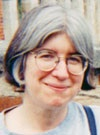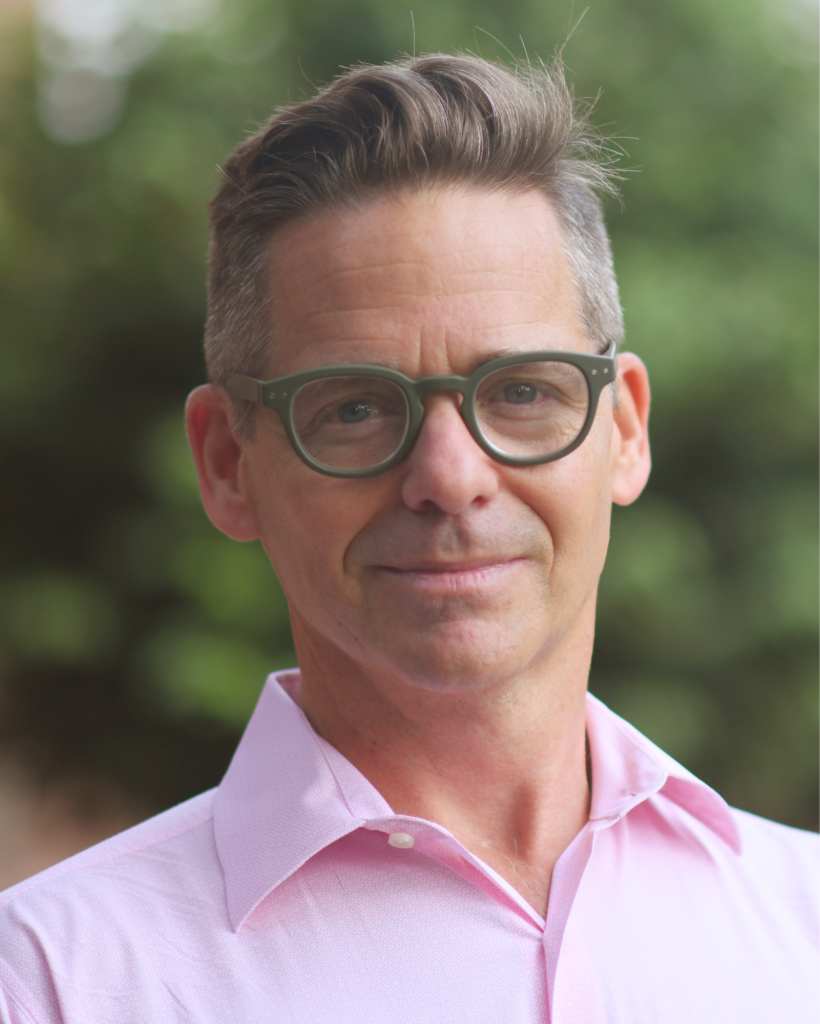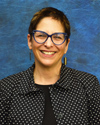by Tasmiah Akter
Wesleyan faculty’s collective expertise spans the globe, and the Office for Intercultural Learning at the Fries Center for Global Studies is pleased to celebrate their international and often multilingual work here in the Wes and the World newsletter. This is the first of a four part series to be highlighted in the coming weeks under these broad categories: World Literature, Economics & Environment, Identity: Cultural & Religious, and STEM & Health. Please enjoy these summaries and be sure to check out any works that pique your interest!
Susan Fusso

Russian, East European, and Eurasian Studies Department
Region of Study – Russia
Work Title(s): Editing Turgenev, Dostoevsky, and Tolstoy
The book was published in English in 2017, and is now appearing in Russian translation (Sept. 2023). The translation will be published in English (projected completion date Dec. 2024).
Some of the greatest works of Russian prose first saw the light in the Russian Herald, the journal founded and edited by Mikhail Katkov: Fathers and Sons, War and Peace, Anna Karenina, Crime and Punishment, and The Brothers Karamazov. Yet because of his conservative politics and his intrusive editing practices, Katkov has been either ignored or demonized by scholars both in Russia and in the West; in contemporary Russia he has been hailed as the “savior of the fatherland” because of his aggressive Russian nationalism. This book studies Katkov’s literary career without vilification or canonization, focusing on the ways in which his nationalism fueled his drive to create the canon of Russian literature as a recognized part of world literature.
Translation: Despite its substantial size and its appearance between the masterworks Devils and The Brothers Karamazov, The Adolescent has been much less studied and read than Dostoevsky’s other major novels. Although scholarly interest seems to have grown in the last decade, this novel continues to exist in the shadow of Dostoevsky’s other works. Jacques Catteau has aptly characterized The Adolescent as “the most ‘mad’ and so the most neglected book in the canon . . . It is a concentration of all those elements of the Dostoyevskian novel which are most irritating to the Euclidean mind.” Yet as I have explored in my scholarly work, the novel contains some of Dostoevsky’s most provocative and groundbreaking experiments with issues of sexuality, capitalism, and unorthodox literary form.
Please be sure to take a look at Dr. Fusso’s book if you are interested!
Andre Curran
Romance Languages and Literatures Department

Region of Study – France, Caribbean, Africa
Work Title(s): Diderot and the Art of Thinking Freely, Who’s Black and Why?, The Anatomy of Blackness
I wrote a biography of Diderot [Diderot and the Art of Thinking Freely] that was translated into several languages. I wrote a book with Henry Louis Gates [Who’s Black and Why?], whose excerpts were published in German and Brazilian Portuguese. I wrote another book [The Anatomy of Blackness] translated into French.
Links to works: Who’s Black and Why?, Diderot and the Art of Thinking Freely, The Anatomy of Blackness
Ellen Nerenberg

Romance Languages & Literatures Department
Region of Study – Italy
Work Title(s): Female Dicks
In honor of Luigi Bernardi ten years after his death, this essay explores one of the most important of the author-editor’s areas of research, crime fiction. Where the rich and recent scholarship on the subject has favored a more transmedial approach, I here focus on the literary text, specifically three series of novels set in and around Bologna with female detectives: the series by Carlo Lucarelli with protagonist police inspector Grazia Negro, the series by Grazia Verasani featuring the private detective Giorgia Cantini, and two recent novels in a projected trilogy by Lorella Marini whose protagonist is Commissaria Barbara Larsen Givoni. From these serial novels I distill a triptych of ‘female dicks’: the Deferential, the Disquieting, and the Avenger, each of whom responds differently to the exigencies of the patriarchal system in which they operate, each of whose series illustrate greater and lesser degrees of adherence to generic conventions of the noir, representing the intersection of gender and genre.
Dr. Nerenberg’s work will be published in Finzioni and is forthcoming any day now!


